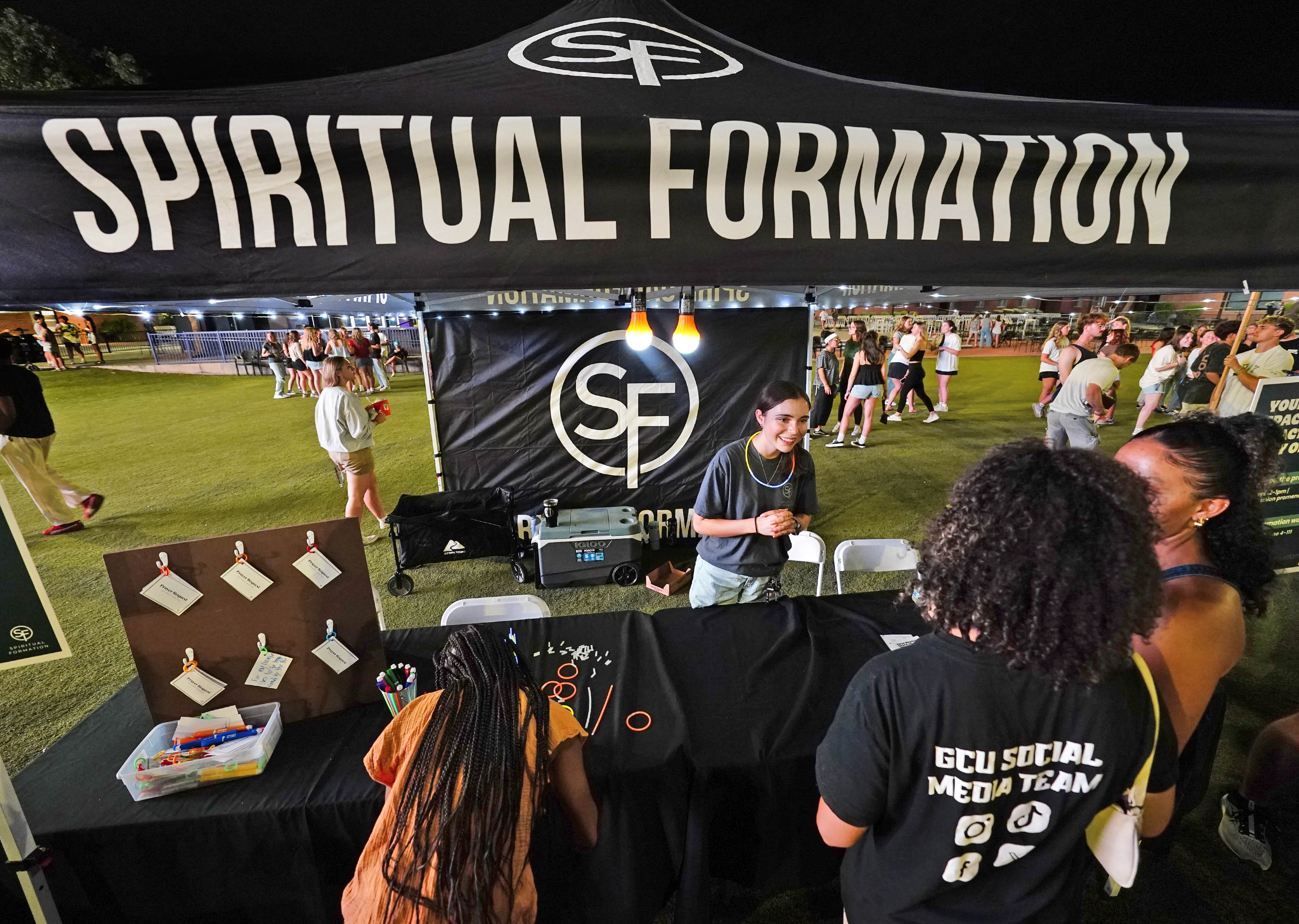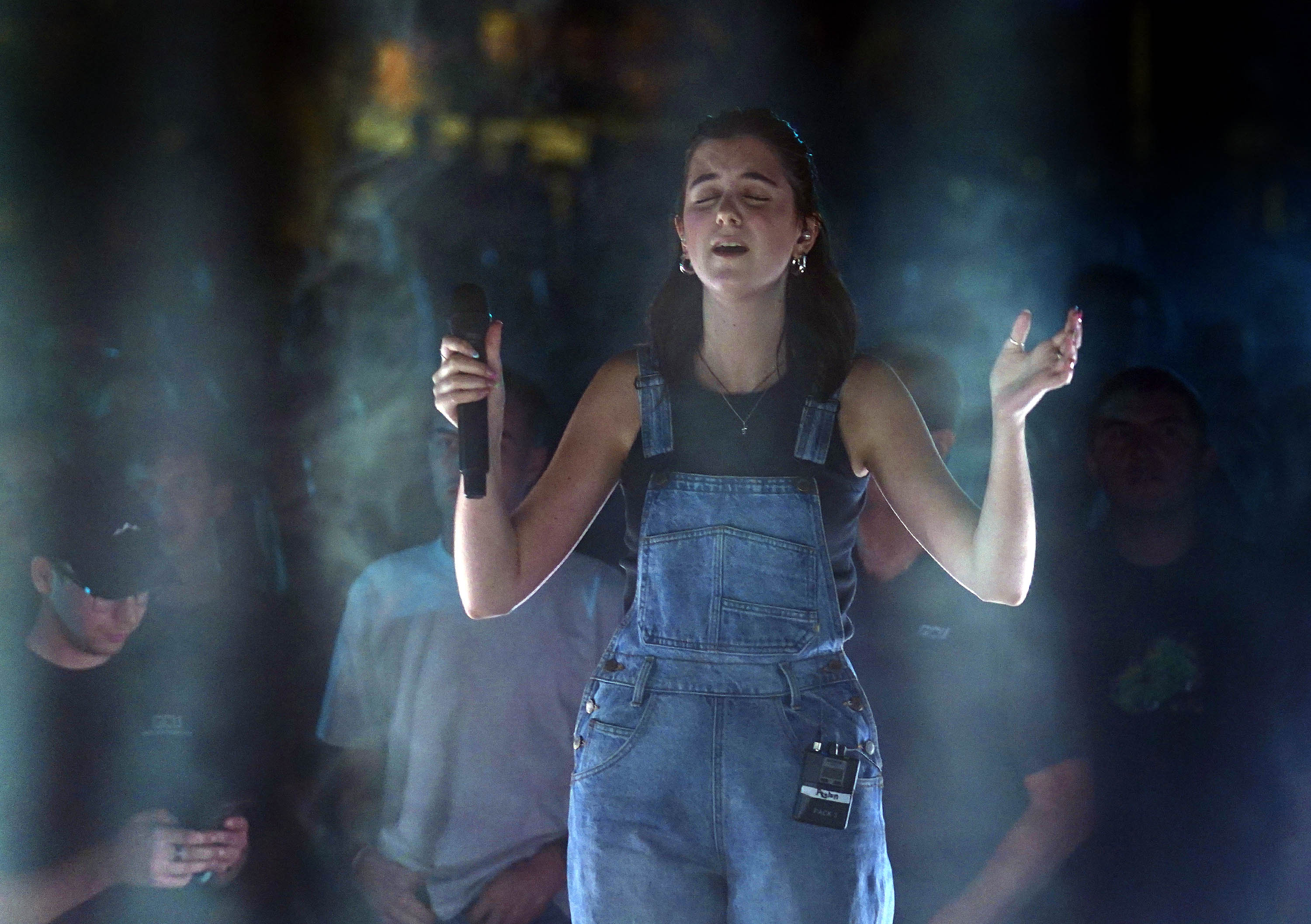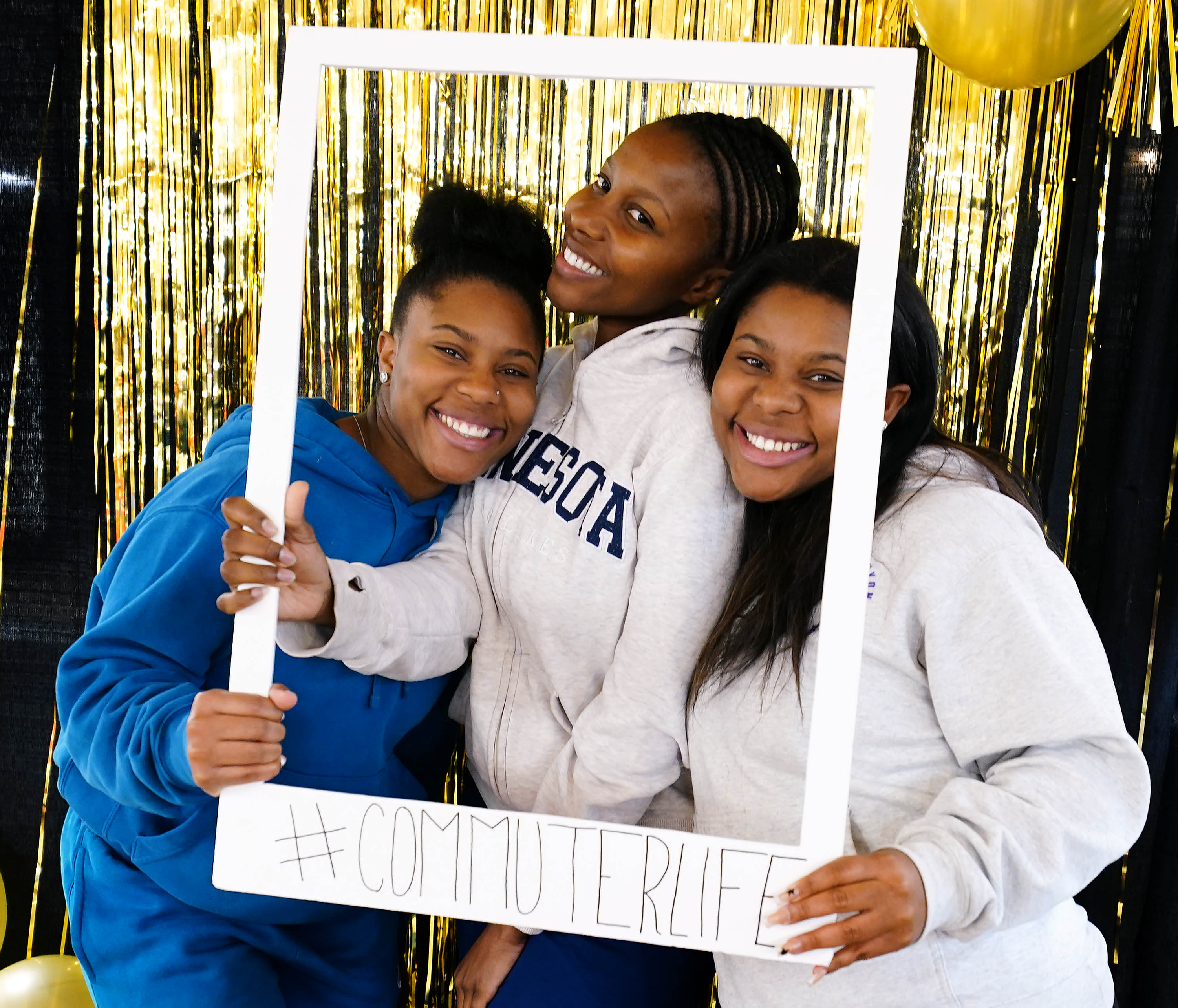
By Dr. Deb Wade
GCU Vice President, Counseling and Psychological Services
Are you shy? Do you consider yourself an introvert? Nothing wrong with that! In fact, it has been said that “still waters run deep” and “shallow brooks are noisy.”
BUT … is your shyness so severe that you feel a sense of inadequacy and inferiority around others and maybe even experience self-consciousness, embarrassment and even humiliation when in a social setting?
For example, are you afraid of being judged by others? Are you so uncomfortable in everyday social settings that you would prefer to avoid them all together? Do you find yourself avoiding invitations from others because you anticipate severe anxiousness, sweating and overwhelming discomfort at the mere thought of the social setting?
Social anxiety is a rather common type of anxiety disorder in which one feels severe symptoms of anxiety or fear in certain or all social situations, both big and small – such as meeting new people, going on a job interview, dating, answering a question or doing an oral report in class, or even … talking to a cashier at a store.
One who suffers from social anxiety feels as if it has taken control and that even doing common, everyday things near others seems debilitating … such as eating and drinking in front of others or using a public restroom.
People with social anxiety disorder may experience extreme fear and worry about circumstances that others may consider routine – going to work, attending school or doing everyday things such as going to the bank, making a purchase or going through the drive-through of a fast-food restaurant.
Clearly, it can affect everyday normal functioning, can isolate a person who just decides to avoid the public at all costs, and can inhibit or impact relationships on every level.
What are some of the symptoms? In front of or around others, people with social anxiety disorder tend to:
- Blush, sweat profusely, tremble, feel their heart rate race or feel their mind going “blank,” which can feed the fear of embarrassment.
- Feel nauseous or sick to their stomach.
- Make little eye contact in fear that someone will speak to them.
- Fear a loss of words … can’t seem to summon up the words to engage with others.
- Fear judgment because of the awkwardness they are experiencing.
- Avoid social settings altogether.
Social anxiety disorder usually starts during youth in people who are already quite shy. This is not an uncommon disorder, affecting about 7 percent of Americans. Without treatment, the disorder can last for many years, or even a lifetime, and can prevent one from realizing his/her greatest potential.
However, THERE IS GOOD NEWS! Social anxiety is treatable and can be conquered with work!
Psychotherapy, usually cognitive-behavioral therapy (CBT), can be especially helpful because inherent in this type of therapy is the teaching of new ways of thinking, behaving and reacting to situations so that you feel less anxious and fearful. It also can help you build confidence in social skills and in creating a “script” that will help you the next time you engage in a social situation.
Medication also can be helpful but is not the lone “tool” in the toolbox. Treatment may take some time, but it is worth it!
While you are in therapy, be sure to treat your body well – get adequate sleep, exercise, fuel and hydration. Consider being transparent with a trusted friend with whom you can count on to tackle some social situations together.
Yes, still waters run deep … but having confidence and being at ease is a treasure chest that keeps providing positive surprises! If this is YOU, please get help! You can conquer this and begin to enjoy the spontaneity of living life in the moment without fear!















